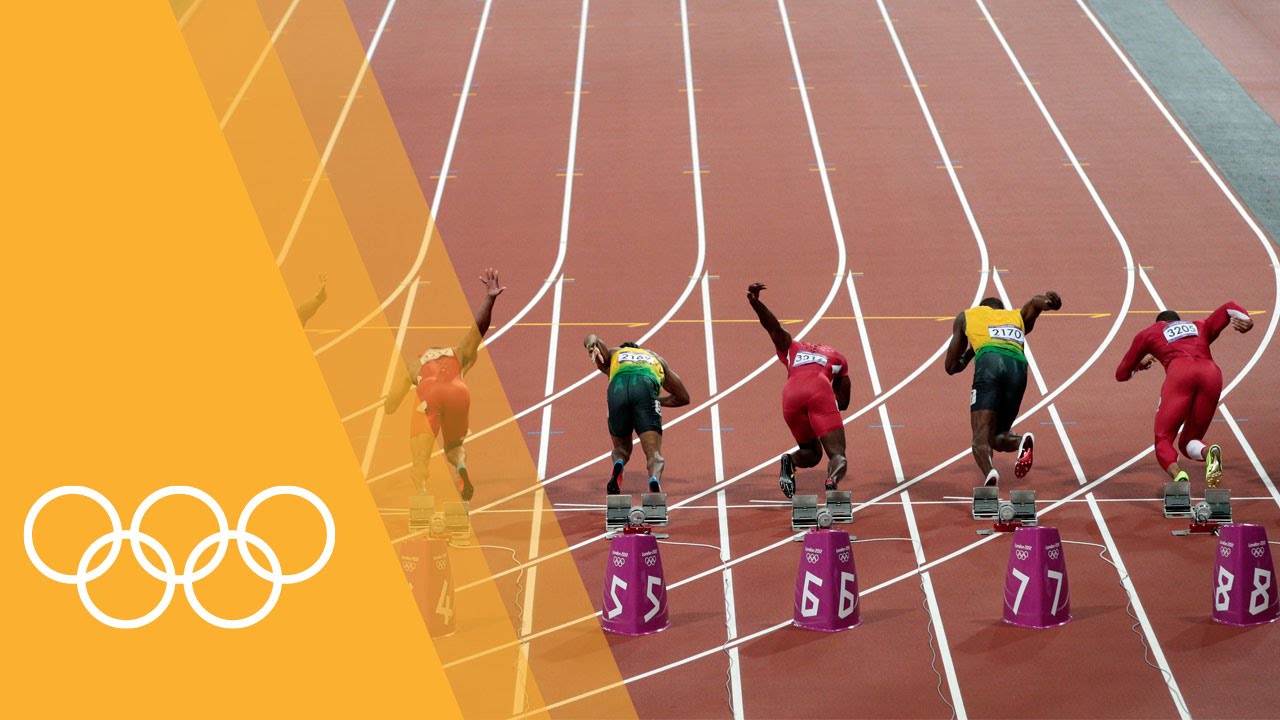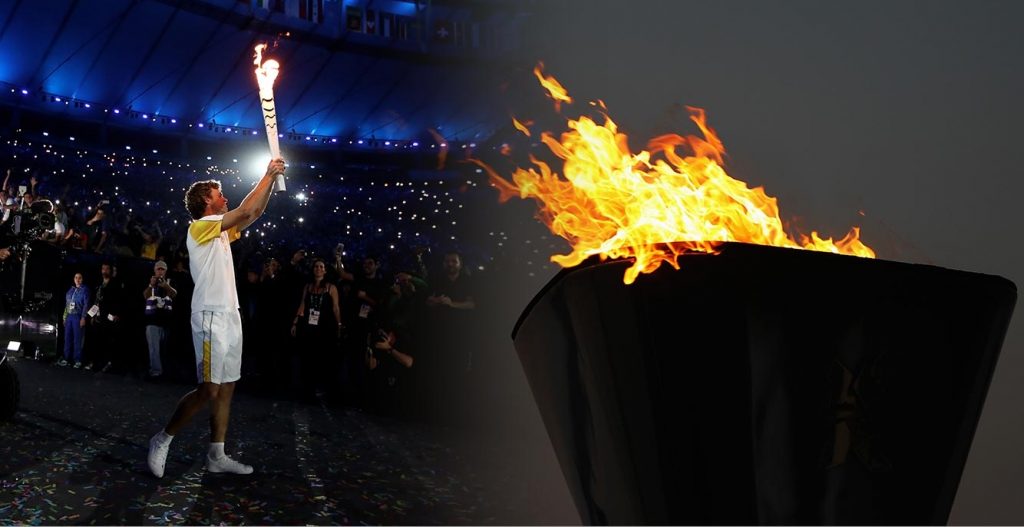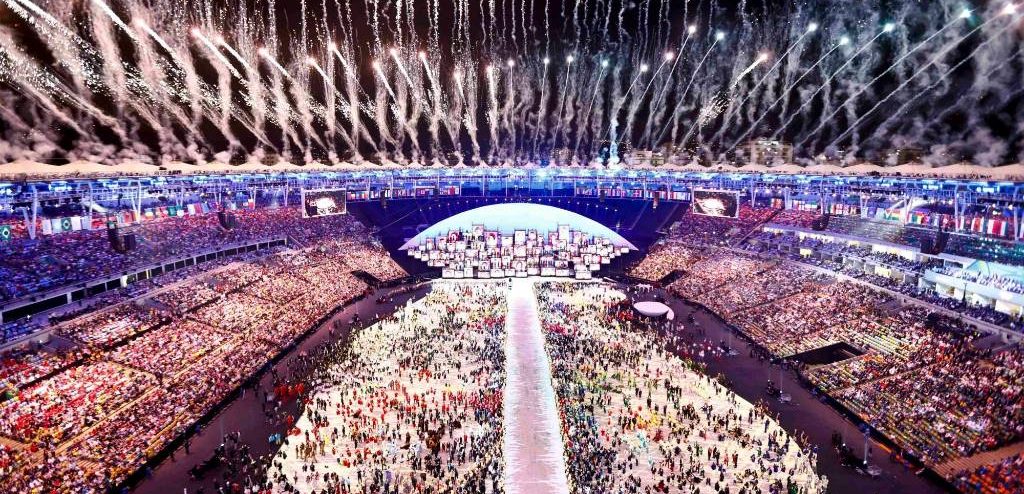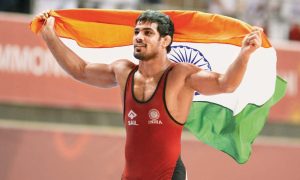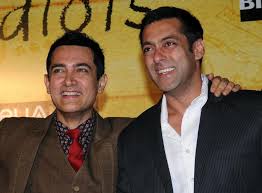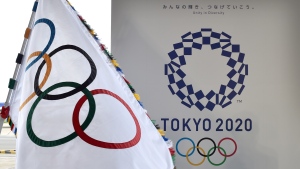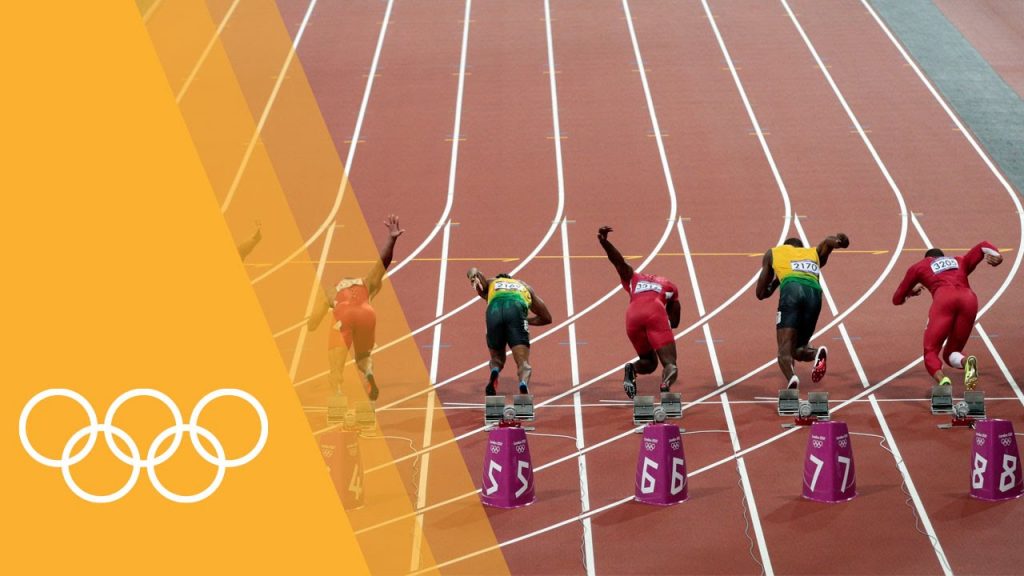
Ancient Olympics
The inception of the Ancient Olympic Games takes us back to the time of 776 BC when it started as a religious and athletics festival combined and held together. The Ancient Games featured running events, a pentathlon (consisting of a jumping event, discus and javelin throws, a foot race, and wrestling), boxing, wrestling, Pankration, and equestrian events. The ancient games were considered equally important as religion as it was believed that a sacrifice would suffice the wishes of the Gods before playing the Olympic Games. It was done to honor the God of Thunder Zeus and Pelops, the king of Pisa. The ancient games were played in every four years and the same tradition prevails till date. The ancient games were played in four parts: Panhellenic Games, which included the Pythian Games, the Nemean Games, and the Isthmian Games.
Modern Olympics
In order to resuscitate the tradition of the ancient games the International Olympic Committee (IOC) was formed in June of 1894, the modern day Olympics instigated in the year of 1896 which was hosted by Athens. It marked the commencement of the Summer Olympic Games. The next Summer games was held in Paris. The evolution of the Olympics happened during the 20th and 21st centuries that resulted in the addition of the several more events to the Olympic Games. The creation of the Winter Olympic Games for snow and ice sports, the Paralympic Games for differently-abled athletes, the Youth Olympic Games for athletes aged between 14 yrs-18 yrs of age, the five Continental games (Pan American, African, Asian, European, and Pacific), and the World Games for sports that are not contested in the Olympic Games. Winter Olympic Games also commenced in the year 1924 which was held in Chamonix, France. Both Summer and Winter Games have been successfully hosted by the who are the pert of the Olympics association. Here is the list of all the Olympic Games that have taken place since the foundation of the modern-day Olympics:
Summer Olympics
| S No | Venue | Date |
| I. | Athens, Greece | April 6-15, 1896 |
| II. | Paris, France | May 20- Oct 28, 1900 |
| III | St, Louis, Missouri, U.S.A | July 1- Nov 3, 1904 |
| IV | London, England | April 27- Oct 31, 1908 |
| V | Stockholm, Sweden | May 5-July 22, 1912 |
| VI | Berlin, Germany | –CANCELLED– |
| VII | Antwerp, Belgium | April 20-Sept 12, 1920 |
| VIII | Paris, France | May 4- July 27, 1924 |
| IX | Amsterdam, Netherlands | May 17- Aug 12, 1928 |
| X | Los Angeles, California, U.S.A | July 30-Aug 14, 1932 |
| XI |
|
August 1-16, 1936 |
| XII | Tokyo, Japan | –CANCELLED– |
| XIII | London, England | –CANCELLED– |
| XIV |
|
|
| XV |
|
|
| XVI | Melbourne, Australia | Nov 22-Dec 8, 1956 |
| XVII | Rome, Italy | Aug 25-Sept 11, 1960 |
| XVIII | Tokyo, Japan | October10-24, 1964 |
| XIX | Mexico City, Mexico | October 12-27, 1968 |
| XX | Munich, Germany | Aug 26-Sept 10, 1972 |
| XXI | Montreal, Canada | July 17-Aug 1, 1976 |
| XXII | Moscow, Soviet Union | July 19-Aug 3,1980 |
| XXIII | Los Angeles, California, U.S.A | July 28-Aug 12, 1984 |
| XXIV | Seoul, Republic of Korea | Sept 17- Oct 2, 1988 |
| XXV | Barcelona, Spain | July 25- Aug 9, 1992 |
| XXVI | Atlanta, Georgia, U.S.A | July 19- Aug 9, 1996 |
| XXVII | Sydney, Australia | Sept 15-Oct 1, 2000 |
| XXVIII | Athens, Greece | August 13-29, 2004 |
| XXIX | Beijing, China | August 8-24, 2008 |
| XXX | London, Great Britain | July 27-Aug 12, 2012 |
| XXXI | Rio de Janeiro, Brazil | August 5-21, 2016 |
Winter Olympics
| S No | Venue | Date |
| I. | Chamonix, France | Jan 25-Feb 4, 1924 |
| II. | St. Moritz, Switzerland | February 11-19, 1928 |
| III | Lake Placid, New York | February 4-15, 1932 |
| IV | Garmisch Partenkirchen, Germany | February 6-16, 1936 |
| V | San Moritz, Switzerland | Jan 30-Feb 8, 1948 |
| VI | Oslo, Norway | February 14-25,1952 |
| VII | Cortina d’Ampezzo, Italy | Jan 26-Feb 5, 1956 |
| VIII | Squaw Valley, California | February 18-28, 1960 |
| IX | Innsbruck, Austria | Jan 29-Feb 9, 1964 |
| X | Grenoble, France | February 6-18, 1968 |
| XI | Sapporo, Japan | February 3-13, 1972 |
| XII | Innsbruck, Austria | February 4-15, 1976 |
| XIII | Lake Placid, New York | February 14-23, 1980 |
| XIV | Sarajevo, Yugoslavia | February 7-19, 1984 |
| XV | Calgary, Canada | February 13-28, 1988 |
| XVI | Albertville, France | February 8-23, 1992 |
| XVII | Lillehammer, Norway | February 12-27, 1994 |
| XVIII | Nagano, Japan | February 7-22, 1998 |
| XIX | Salt Lake City, Utah | February 8-24, 2002 |
| XX | Turin, Italy | February 10-26, 2006 |
| XXI | Vancouver, Canada | February 12-28, 2010 |
| XXII | Sochi, Russia | February 7-23, 2014 |
| XXIII | Pyeongchang, South Korea | February 9-25, 2018 |
Olympic Symbol
The Olympic symbol represents the activities of the Olympic Movement and represents the union of the five continents and the meeting of athletes from throughout the world at the Olympic Games. The Olympic symbol comprises of the icons, flags, and symbols used by the International Olympic Committee (IOC) to elevate the Olympic Games. The symbol mainly consists of the 5 rings that are interlocked with each other having five different colors- Blue, Black, Red, Yellow and Green. The colors represent the five continents Europe, Africa, America, Asia and Oceania. The rings are colored with at least one color of the flag of every nation. These colors were chosen to represent every nation that takes part in the Olympics games.
Mascot
The mascot signifies the motto of the Olympic Games that gives an agenda to the Olympic events. The first time a mascot was introduced into the Olympics was back in 1968. The name of the mascot was “Schuss” which later gave an idea to the host nations to include the mascot as the promoting symbols of the Olympics. Inclusion of the mascots saw a massive success year by year as it helped in attracting more and more people and also generate good amount of revenues to host the games. Nowadays, most of the merchandise aimed at young people focuses on the mascots, rather than the Olympic flag or organization logos.
The Olympic torch is carried by athletes, leaders, celebrities, and ordinary people alike, and at times in unusual conditions. Earlier, the flames of the torch relaywas lit using the rays of the sunlight marking its purity. But now in the context of the modern Games, the Olympic flame represents the positive values of a man’s association with the sun. The torch relay is lit at the Olympia temple in Greece which is then taken to the hosting nation. On the final day of the torch relay, the day of the Opening Ceremony, the Flame reaches the main stadium and is used to light a cauldron situated in a prominent part of the venue to signify the beginning of the Olympic Games.
Sports
There are a wide variety of sports played in an Olympics Event. Summer Olympics consists of 42 games while Winter Olympics has 16 different sports organized and played by the participating nations. However, some games are played in certain Olympic events while are neglected taking the various factors into consideration Here is the list of games that are featured in the Summer and Winter Olympics:
| Seasons |
Sports |
|
Summer |
Archery, Artistic Swimming, Athletics, Badminton, Basketball, Beach Volleyball
Boxing, Canoe Slalom, Canoe Sprint, Cycling BMX, Cycling Mountain Bike, Cycling Road Cycling Track, Diving, Equestrian/Dressage, Equestrian Eventing, Equestrian Jumping, Fencing Football, Golf, Gymnastics Artistic, Gymnastics Rhythmic, Handball, Hockey Judo, Marathon Swimming, Modern Pentathlon, Rowing, Rugby, Sailing Shooting, Swimming, Table Tennis, Taekwondo, Tennis, Trampoline Triathlon, Volleyball, Water Polo, Weightlifting, Wrestling Freestyle, Wrestling Greco-Roman |
| Winter | Alpine Skiing, Biathlon, Bobsleigh, Cross Country Skiing, Curling, Figure Skating
Freestyle Skiing, Ice Hockey, Luge, Nordic Combined, Short Track, Skeleton, Ski Jumping, Snowboard, Speed Skating |
Medals
In the Ancient Olympic Games, the winning athletes didn’t receive any sort of Gold, Silver or Bronze medals as the winning reward. Only one winner emerged as the winner for the specified event and no runner- ups. The athletes who were declared the winners were crowned with an olive wreath made of the wild-olive leaves that was brought from the sacred tree near the temple of Zeus at Olympia. But in the Modern Olympics, International Olympic Committee (IOC) decided to have the winning medals made for the Winners and the runner up athletes. The medals were given to the athletes to honor them for their winning performance.
Opening Ceremony
The opening ceremony of the Olympics marks the beginning of the year’s multi-sport event. The opening event sees the gathering of the large number of people coming from different parts of the world. The atmosphere of the stadium of the opening ceremony is filled with energy, and is very intriguing. The host nation gets to show their organizing skills. The opening ceremony features the flag- bearers that parade around the stadium, followed by a number of rituals and protocols performed by them. The olympic flag must be carried into the stadium and raised; the Olympic oath must be spoken by an athlete, judge and coach; and doves of peace must be symbolically released. The country that hosts the Olympics gets the advantage of showcasing their rich culture, history, achievements of their past during the opening ceremony. The biggest and the pinnacle moment of the opening ceremony is when any successful and famous figure lights up the Olympic flame which is then followed by the stunning display of fireworks in the stadium.
The Closing ceremony is equally of great significance as the Opening ceremony. Just like the opening ceremonies, the closing ceremonies begins with the raising of the host country’s flag and a performance of its national anthem. Ever since the Olympic Games held in Melbourne in 1956, the closing ceremony has become the essential element of the Olympics. The closing ceremony marks the ending of the Olympic Games of the hosting nation. After all the athletes enter the stadium, the final medals ceremony of the Games is held. The medalist’s national flags are then hoisted and the national anthem of the gold medalist’s country is played.
The national flag of the current hosting nation is hoisted on flagpole while the corresponding national anthems are played: the flag of Greece to again honor the birthplace of the Olympic Games and the flag of the succeeding host nation that will host the next Summer or Winter Olympic Games. In the next process, the Olympic flag is lowered and carried by the mayor of the host city to the IOC President, who in turn passes it on to the mayor of the city that is due to stage the next Games in four years’ time. Finally, the traditional of extinguishing the Olympic Torch is done that marks the conclusion of the Olympics event.
International Olympics Committee (IOC)
The International Olympics Committee is a non-profitable sports organization that looks over the Olympic Events conducted in every four years. The IOC is the governing body of the National Olympic Committees (NOCs), which are the national constituents of the worldwide Olympic Movement. The IOC is the helping hand for the athletes and sporting organizations around the world by sanctioning about $3.4 million on an everyday basis. The IOC generates revenues mostly during the Olympic Games through the Broadcasting rights, Sponsorships and ticket sales. As part of Olympic Agenda 2020, the IOC pledges to support athletes beyond the competition arena. Keeping this in mind, the IOC announced the launch of Athlete365, a dedicated brand to support the world’s Olympic-level athlete community.
IOC is one of the main constituents of the Olympic Movement along with the International Sports Federations (“ISFs”) and the National Olympic Committees (“NOCs”).
Established on 23 June 1894, the IOC has been the managing the modern-day Olympic Games by ensuring the regular celebration of the Olympic Games, supporting all the affiliated member organizations of the Olympic Movement and strongly encouraging the promotion of the Olympic values.
| Designation | Name | Country |
| Honorary President | Jacques Rogge | Belgium |
| President | Thomas Bach | Germany |
| Vice President | Yu Zaiqing | China |
| Anita DeFrantz | United States | |
| Uğur Erdener | Turkey | |
| Juan Antonio Samaranch, Jr. | Spain | |
| Executive Members | Denis Oswald | Switzerland |
| Nicole Hoevertsz | Aruba | |
| Prince Feisal Al Hussein | Jordan | |
| Nenad Lalovic | Serbia | |
| Ivo Ferriani | Italy | |
| Kirsty Coventry | Zimbabwe | |
| Sergey Bubka | Ukraine | |
| Ng Ser Miang | Singapore | |
| Willi Kaltschmitt Luján | Guatemala | |
| Robin E. Mitchell | Fiji | |
| Director-General | Christophe De Kepper | Belgium |


